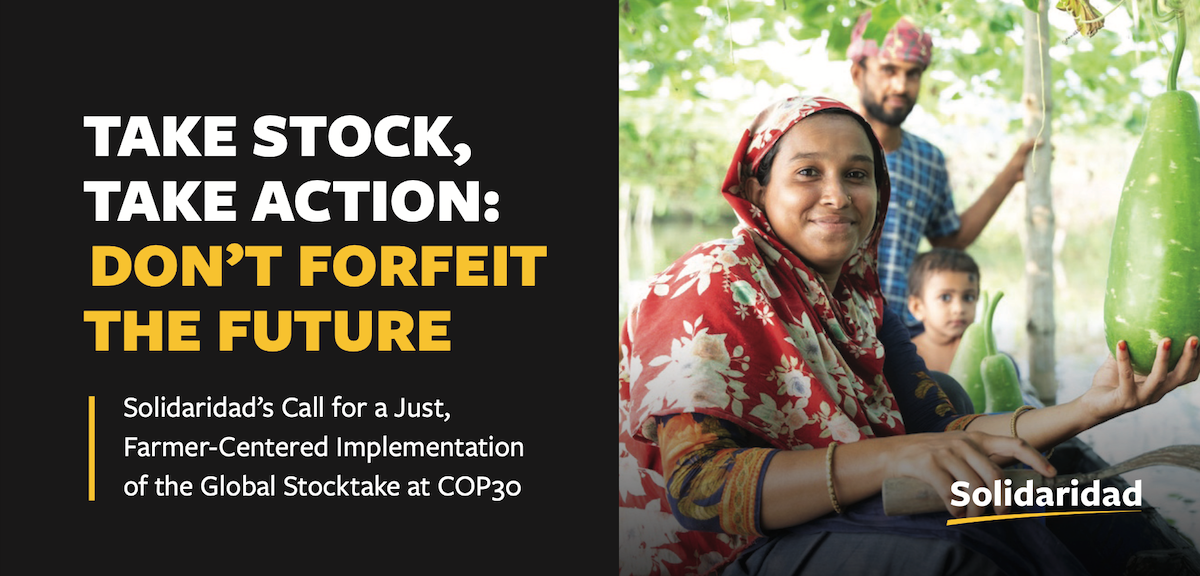Although global climate finance flows reached USD $1.9 trillion through 2023, adaptation funding lags dramatically. With mitigation ambition and action lagging and climate impacts intensifying, both mitigation and adaptation require significant and simultaneous scaling up of finance and action to keep global goals within reach and support climate-resilient development.
To date, just 2% of global climate finance has reached the Agriculture, Forestry, and Other Land Use Sector. Yet small-scale farmers — who manage vast landscapes, sustain ecosystems, and produce much of the world’s food — receive only a minimal share of this funding, despite their critical role in driving climate solutions. Greater investment in small-scale farmers can unlock substantial co-benefits — strengthening resilience, restoring degraded lands, and contributing to emission reductions through more sustainable land-use practices.
The core message for COP30 is clear:
Don’t forfeit the future.
Priorities for Systemic Transformation
COP30 is organized according to the six axes of the Action Agenda. Although ‘Transforming Agriculture and Food Systems’ is just one of the six axes, it intersects closely with all others – from nature and finance to industry and resilience. Agriculture is not the only climate priority, but it is a critical entry point: economically, environmentally, and socially, it connects people, land, and markets.
Building on these linkages, Solidaridad outlines critical steps across the thematic axes, with particular emphasis on agrifood transformation and equitable climate finance.
Transforming Agriculture and Food Systems
Given that the global food system is responsible for roughly a third of greenhouse gas emissions, food system transformation must be central to climate strategy. As a positive example, see how Solidaridad is supporting tens of thousands of farmers to adopt agroforestry, boost farm and farmer resilience, incomes and carbon benefits through our Climate Heroes Program implemented in Colombia, Kenya, Nicaragua and Uganda.
To continue the progress, Solidaridad calls for member states to:
- Unlock more finance for smallholders through catalytic funding and alternative mechanisms like Payment for Ecosystem Services .
- Integrate agriculture into Nationally Determined Contributions, ensuring food system objectives are central to both mitigation and adaptation commitments — and that implementation reflects locally led adaptation, empowering farmers as key actors in driving emission reductions and climate-resilient development.
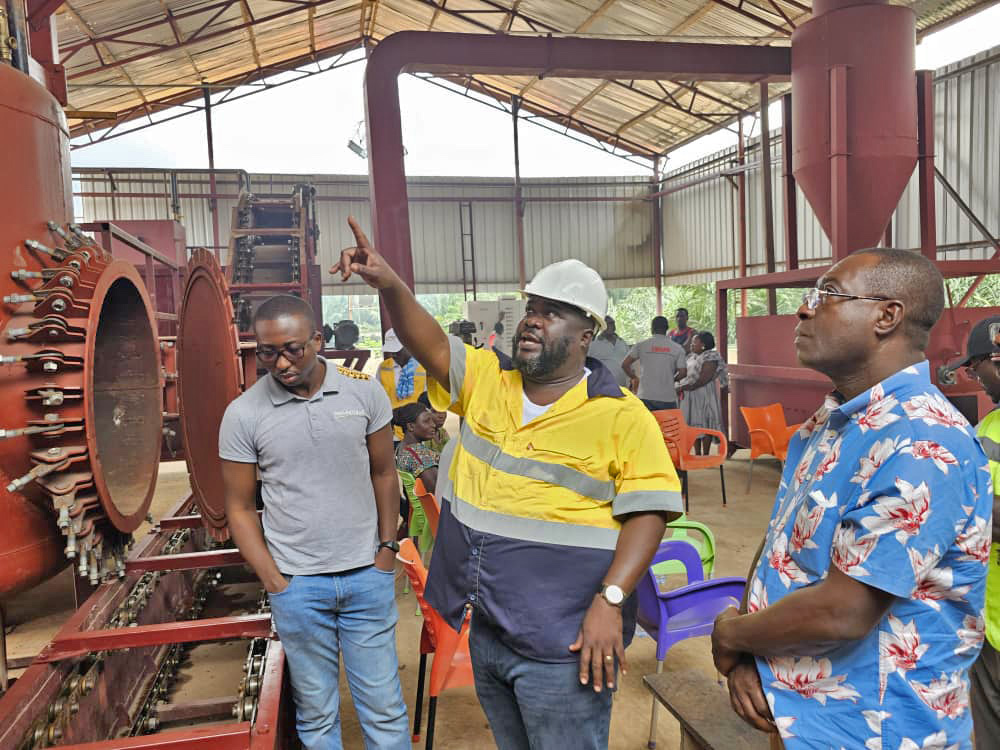
Transitioning Energy, Industry, and Transport
A just transition must extend beyond industrial and urban applications to include rural economies and agricultural supply chains. Our global food supply depends on millions of small-scale farmers, and yet rural areas rely on inefficient and high-emission systems. One example of our work related to this axis is in Ghana, where biogas systems in Ghana’s oil palm sector show how rural communities can power the future.
Key demands include:
- Ensure a just rural transition, expanding funding to cover agricultural workers and informal sectors.
- Invest in decentralized renewable energy solutions (e.g., solar, biogas, mini-grids) at the farm and processing level, which can cut emissions and costs.
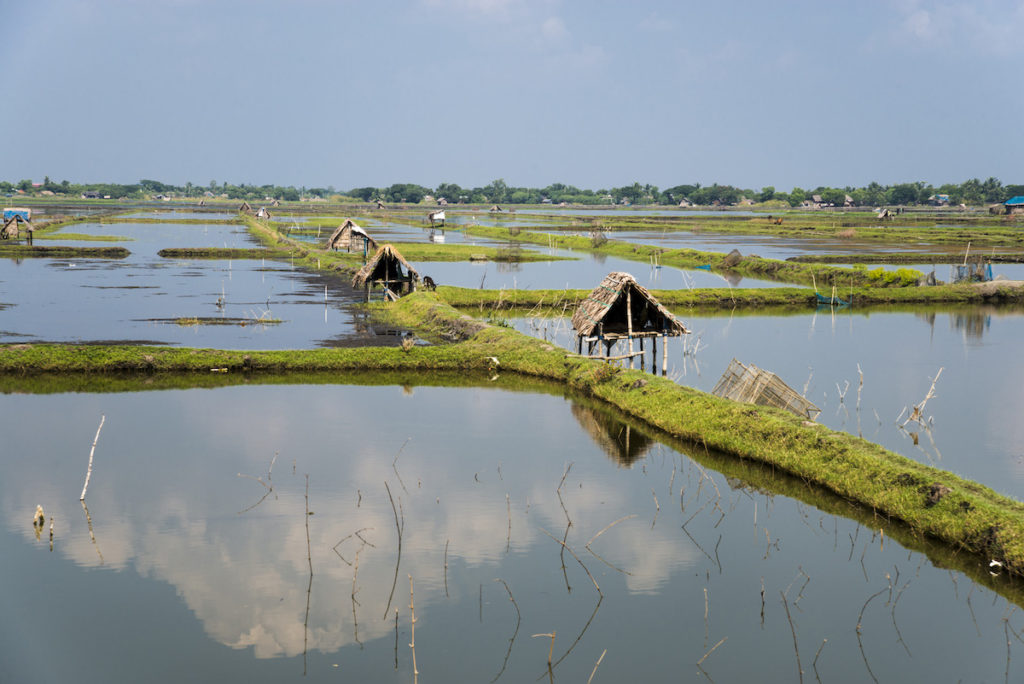
Stewarding Forests, Oceans, and Biodiversity
Small-scale farmers are stewards of critical ecosystems around the globe. As globally-important ecosystems continue to degrade at alarming rates, finance for biodiversity remains siloed. Small-scale farmers need fair incentives and access to finance to protect and restore these ecosystems. Examples of this in practice is
Key demands include:
- Align climate and biodiversity finance to channel resources toward integrated, farmer-centred solutions.
- Scale nature-based solutions, such as agroforestry and regenerative agriculture.
- Support for deforestation-free commodities by pairing ambitious policies with dedicated funding for sustainable land use, ensuring small-scale farmers are recognized and rewarded for their role in conserving forests and biodiversity.
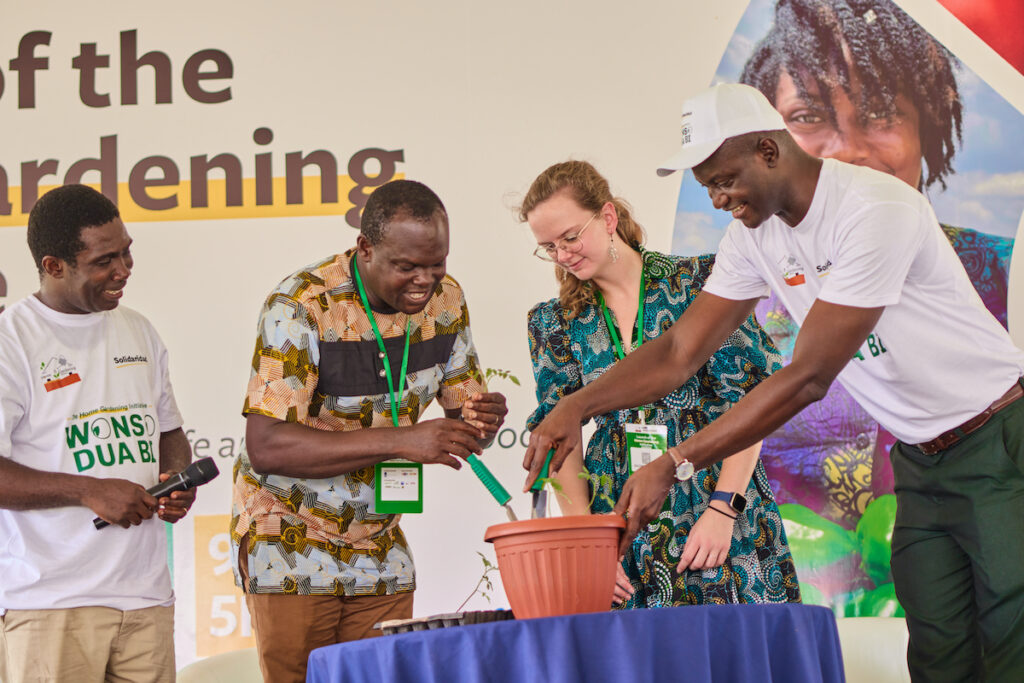
Building Resilience for Cities, Infrastructure and Water
Resilience for urban areas begins upstream among the rural areas where much of the food that sustains urban populations is produced. Rural-urban resilience depends on healthy soils, unpolluted watersheds, and resilient rural food systems. The interdependence of urban and rural areas within watersheds is evident in our integrated water resource management project in Bangladesh.
Key demands include:
- Invest in rural-urban resilience by funding landscape approaches, soil health, and watershed management.
- Mainstream nature-based solutions by integrating upstream ecosystem restoration and sustainable farming into national urban resilience strategies.
- Connect finance to communities, and simplify access so local actors can implement projects that build both rural and urban resilience.
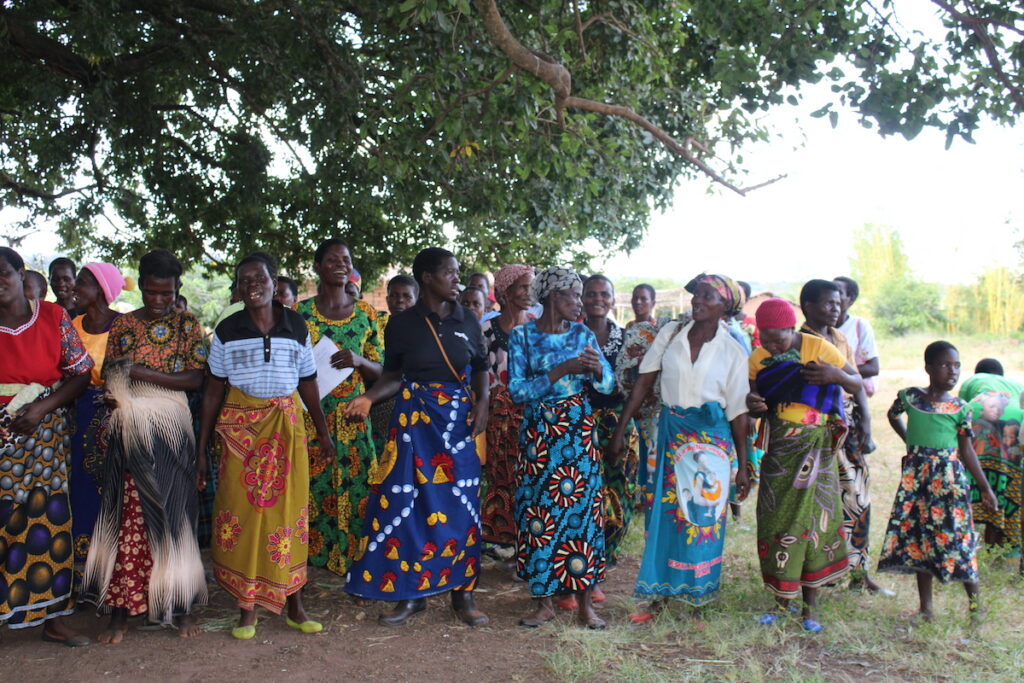
Fostering Human and Social Development
Social justice is inseparable from climate justice. Marginalized communities, including women, youth, and Indigenous peoples, bear the brunt of impacts but are often excluded from finance and decision-making. See examples from our work in Southern Africa to promote gender equality and support inclusive communities.
Key demands include:
- Center underrepresented voices in climate leadership. Women, youth, and Indigenous peoples must be decision-makers, not just participants, in shaping climate solutions.
- Make equity measurable and financed, with transparent metrics and accountability for results.
- Turn commitments into transformation by delivering on the Gender Action Plan through concrete, gender-transformative actions that reduce vulnerabilities and empower local actors.
Unleashing Enablers and Accelerators
Without adequate finance, technology, and technical assistance, the transition to low carbon and climate-resilient production systems is difficult. And yet, where finance is available to small-scale farmers, it is often obscured by complex rules and slow disbursement. See a positive example of finance scaling in Tanzania.
Key demands include:
- Deliver a farmer-centered New Collective Quantified Goal by reforming finance delivery so it reaches local actors in simplified forms, minimizing debt risk.
- Invest in technology transfer and capacity, supporting digital Measurement, Reporting, and Verification systems, farmer data platforms and training to enable transparency and inclusion.
Our Call to Action
The future depends on delivery, and delivery depends on farmers. Solidaridad calls on negotiators, donors, companies, and civil society to immediately focus on four urgent priorities at COP30:
- Increase and transform climate finance: Deliver the New Collective Quantified Goal in line with the Baku-to-Belém Roadmap, rapidly scaling finance for smallholders, adaptation, and gender-responsive interventions.
- Drive food system transformation – Global climate policy is starting to acknowledge the vital role of food systems, yet progress has been uneven. COP30 can change that — by placing agriculture and food systems as a key priority for climate action and fast-tracking delivery from commitment to impact.
- Align finance with resilient food systems: Shift public and private finance flows toward regenerative, low-carbon agriculture, ensuring that smallholders receive a fair share of finance.
- Reward ecosystem stewardship: Provide catalytic support for Payment for Ecosystem Services, agroforestry, and resilient agriculture that restores landscapes and supports livelihoods.
- Embed equity in climate governance: Integrate gender, youth, and Indigenous leadership across Nationally Determined Contributions, finance, and carbon markets, making inclusion the standard for climate solutions.

